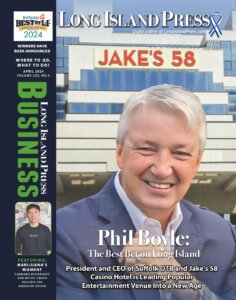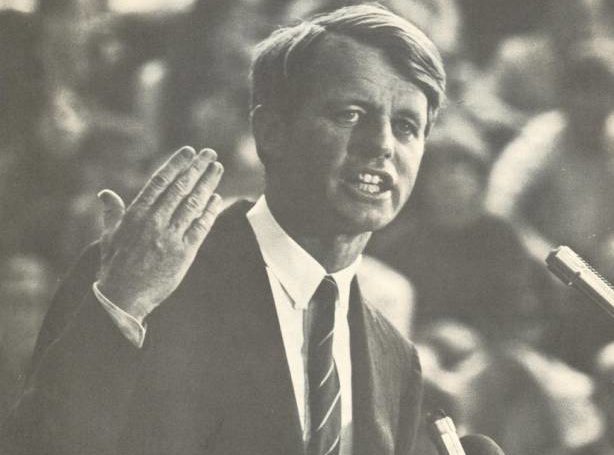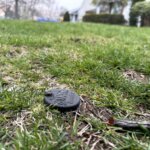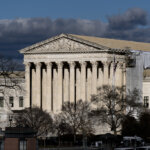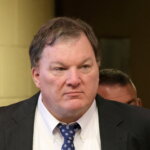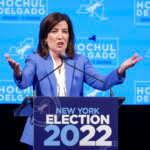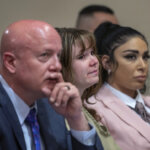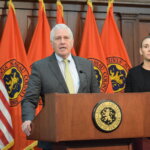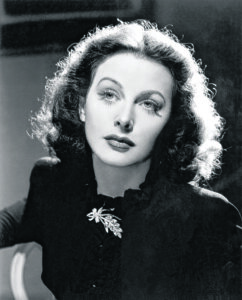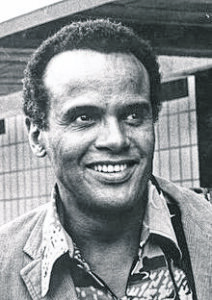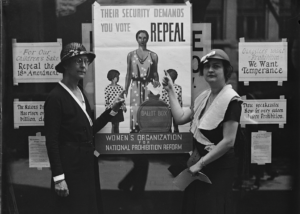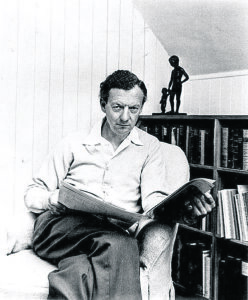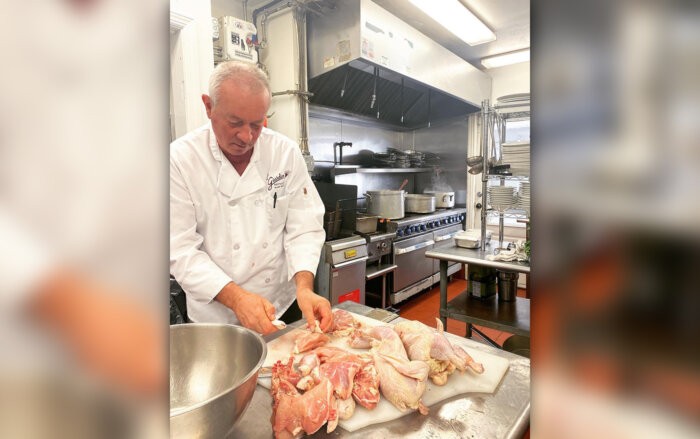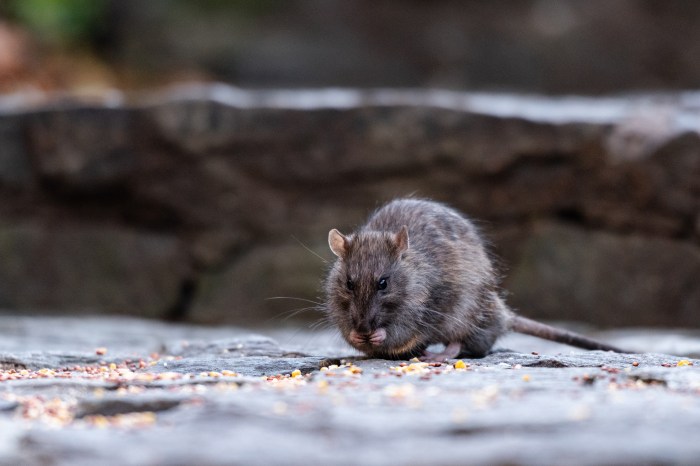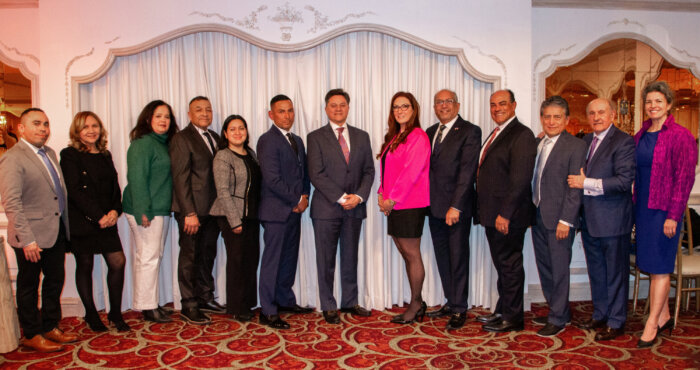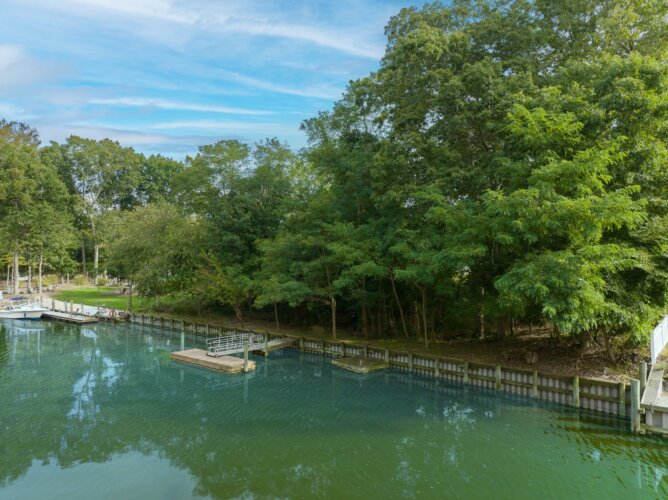Fifty years ago, American soldiers were being slaughtered — nearly 17,000 by year’s end — in Vietnam. African Americans were hobbled by discrimination and the Black Power movement fueled riots. In April 1968, Dr. Martin Luther King Jr., who advocated nonviolent protest against discrimination, was assassinated.
Enter Robert Francis Kennedy, campaigning for president in Indianapolis. He was shy, so nerve-ridden that when speaking in public his legs shook behind the podium. But he spoke calmly, without notes, telling King supporters that their leader was dead in Memphis:
“What we need in the United States is … compassion toward one another, and a feeling of justice toward those who still suffer within our country, whether they be white or they be black.”
Dr. King’s murder caused protest everywhere except Indianapolis. Many said that Bobby Kennedy saved the city.
LIFE OF SERVICE
The seventh of nine fiercely competitive children, Bobby Kennedy (RFK) was born into Massachusetts wealth in November 1925, indulged by his mother, dubbed “the runt of the litter” by his father, and overshadowed by older brothers.
But quiet determination impelled him to graduate from Harvard and study law. He served his brother John Fitzgerald Kennedy by managing his successful 1952 U.S. Senate campaign and 1958 reelection bid. In 1960, JFK resigned as senator and won the presidency. He appointed his brother U.S. attorney general; RFK became a close confidant and enforced civil rights laws.
In 1963, President John F. Kennedy was assassinated.
Despite the devastation, from under the cloak of sadness emerged a compassionate RFK. Championing change for the urban poor and disadvantaged, nine months after the assassination he announced his New York senator candidacy. When he spoke at Atlantic City’s Democratic Convention in August 1964, the delegates’ applause roared for 20 minutes.
SERENITY ON THE SOUND
Establishing residency, RFK rented Marymead, a woodsy, 25-room Colonial Glen Cove mansion. He appreciated suburbia, having spent time in Riverdale and Bronxville. He moved to Marymead in September, resigned as attorney general, and accepted the senator nomination.
Wherever he appeared, crowds besieged him. At Hicksville’s 36th annual Labor Day volunteer firemen’s parade, hundreds lined the route; the Nassau County Police Department added 20 men to the 40-man detail. Later RFK watched his children swim at Piping Rock Country Club in Locust Valley, returned home to nap, and held a cookout on the grounds.
That fall RFK lunched with his wife Ethel and campaigned in Long Beach, Central Islip, and across Long Island. A new neighbor moved in: widowed former First Lady Jackie Kennedy, his late brother’s wife. To avoid prying eyes, she chose Dosoris Island’s Creek House, a 10-room fieldstone structure accessible only by a stone bridge. Like RFK’s house, hers faced Long Island Sound.
They were supportive of each other and rumors of romance flew. Ignoring them, Bobby campaigned, smiling, waving, shaking people’s hands. The people voted, electing him with 720,000 votes.
He conveyed a ripple of hope as he advocated for the urban poor, took up La Causa of striking California farmworkers, and proposed suspending U.S. bombing over North Vietnam, while riots in Harlem, Watts, and most major U.S. cities continued.
In March 1968, the guest of honor at the Sky Island Club at the Garden City Hotel, not realizing the microphones were on, confirmed his presidential ambitions. His formal announcement came the next day, but national newspapers had already zeroed in on the slip. He could no longer ignore a country in crisis.
UNHEALED WOUNDS
He won the California primary on June 4, 1968 at Los Angeles’ Ambassador Hotel. In his victory speech, he said that despite the division, violence, and disenchantment of the last few years, “We can start to work together.”
He waved to the crowd, and as he moved slowly through the kitchen to shake hands with employees, he was shot by gunman Sirhan Sirhan.
Robert F. Kennedy, age 42, died the next day.
